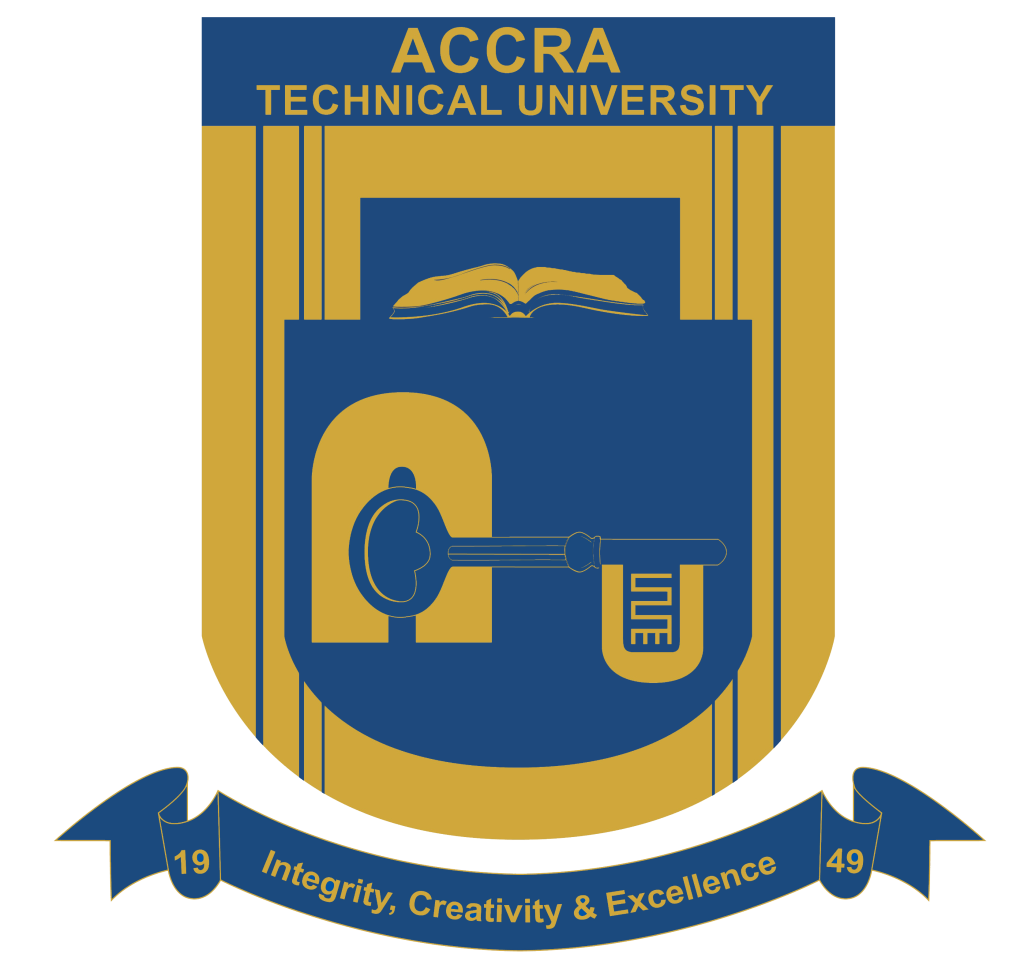Accra Technical University (ATU), in partnership with the Gaming Commission of Ghana and the Mental Health Authority, has organised a sensitisation programme aimed at addressing the growing concern of gaming addiction among Ghanaian youth. The event, themed “Promoting Responsible Gaming: Exploring the Linkage Between Mental Wellness and Gaming Addiction”, sought to educate students on the risks associated with gambling, its impact on mental health, and the importance of responsible behaviour.
Held as part of the Mental Health Authority’s May awareness campaign, the programme attracted a large student audience who converged at the university’s auditorium on May 28, 2025, eager to learn more about the often-overlooked dangers of gaming addiction. The event also highlighted the crucial role of collaborative efforts between educational institutions, regulatory bodies, and mental health experts in tackling the issue.
Speaking at the event, Professor Felix Kutsanedzie, the Acting Pro-Vice Chancellor of ATU, emphasised the consequences of gaming addiction, pointing out how it fosters social isolation and distances individuals from meaningful human interactions. He called for collective action to address this emerging threat to students’ well-being.
Mr. Emmanuel Sisi Quainoo, Acting Gaming Commissioner, shared concerning statistics on the rising prevalence of gambling among Ghanaian youth, revealing a sharp 70% increase. He urged the public to report cases of addiction through a dedicated hotline, stressing the need for vigilance and community support in identifying and assisting those at risk.
Contributing to the discussion, actor and Member of Parliament, Hon. John Setor Dumelo, cautioned students about the deceptive appeal of betting, describing it as a tempting but destructive path that could jeopardise their lives and futures. He encouraged young people to rethink their priorities and channel their energies into productive and meaningful pursuits.
Member of Parliament for Korle Klottey, Hon. Zanetor Agyeman-Rawlings, also addressed the audience, stressing that addiction is a serious mental health issue that can have devastating effects on individuals and their families. She called for a culture of care and responsibility among students, encouraging them to support their peers and seek help when necessary.
The sensitisation programme reinforced the importance of education, dialogue, and advocacy in addressing gambling addiction and its link to mental health challenges. Participants were encouraged to become ambassadors for mental wellness, promoting awareness and responsible gaming practices within their communities.
